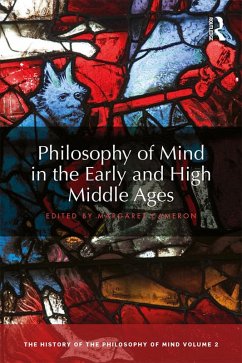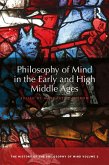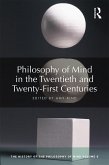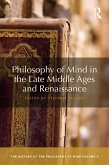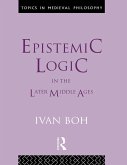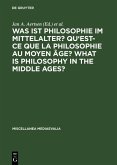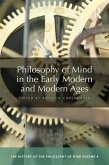Following an introduction by Margaret Cameron, twelve specially commissioned chapters by an international team of contributors discuss key topics, thinkers and debates, including:
- mental perception;
- Avicenna and the intellectual abstraction of intelligibles;
- Duns Scotus;
- soul, will, and choice in Islamic and Jewish contexts;
- perceptual experience;
- the systematization of the passions;
- the complexity of the soul and the problem of unity;
- the phenomenology of immortality;
- morality; and
- the self.
Essential reading for students and researchers in philosophy of mind, medieval philosophy, and the history of philosophy, Philosophy of Mind in the Early and High Middle Ages is also a valuable resource for those in related disciplines such as Religion.
Dieser Download kann aus rechtlichen Gründen nur mit Rechnungsadresse in A, B, BG, CY, CZ, D, DK, EW, E, FIN, F, GR, HR, H, IRL, I, LT, L, LR, M, NL, PL, P, R, S, SLO, SK ausgeliefert werden.

